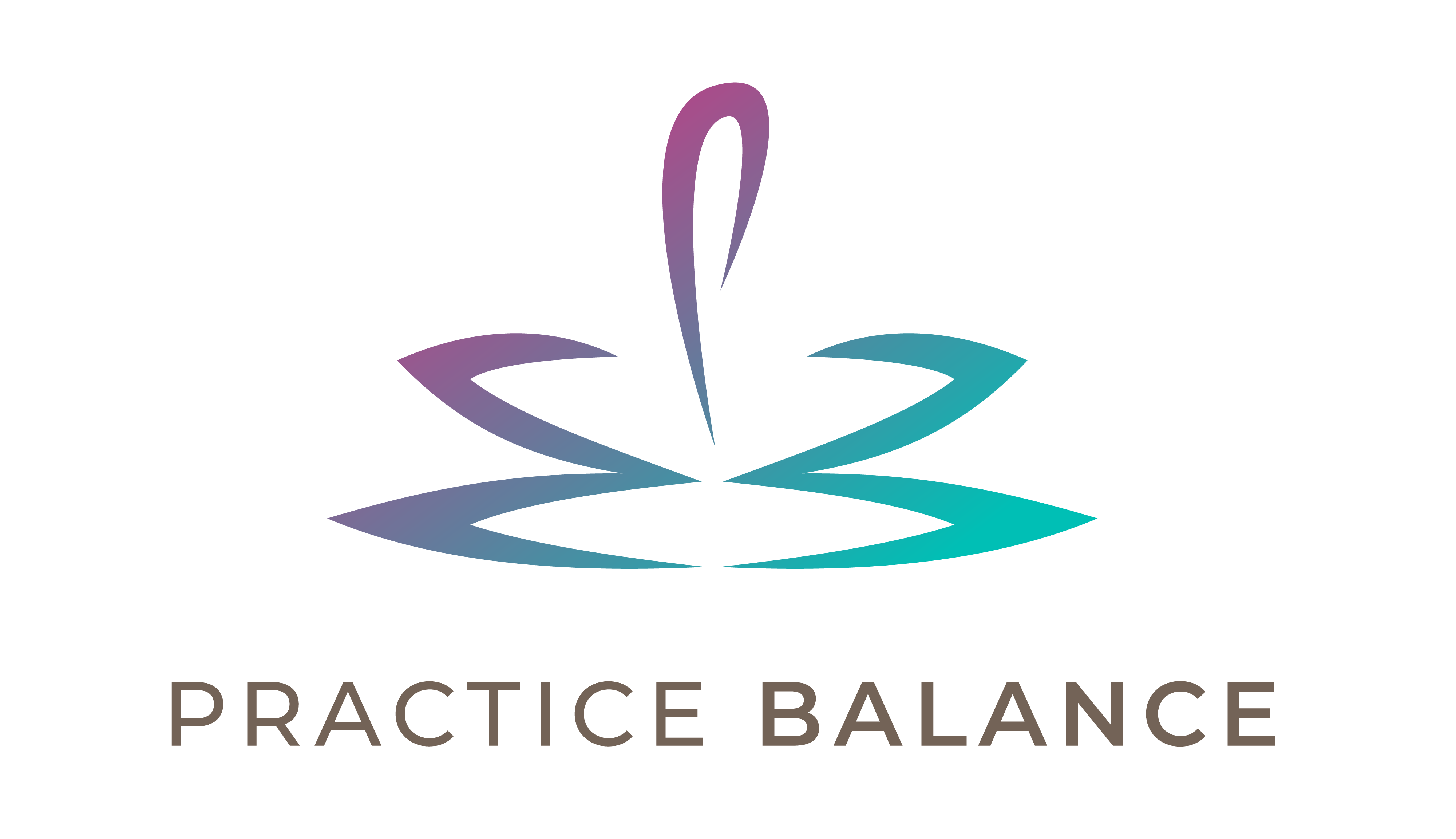When I was in residency, I became sick and didn’t know why. One of the manifestations of this was a problem with my reproductive system, and after some lab work, the specialist told me my infertility issues and hormonal imbalances were stress-induced. So before I even knew what was really wrong with me, I actually took FMLA. I decided that I needed to prioritize my health, and I got the approval to do this from my program director and the department chair. But right before I took the leave time, I was on a particular rotation where I got a performance review from one of the attendings. It said, “Recent LOA shows that she is not professional and is not dedicated to the field of medicine.”
My faculty advisor felt this was highly inappropriate and had it stricken from my record. But the comment did sting. Months later, when I was diagnosed with a brain tumor and ended up needing surgery, did that particular faculty member that left that negative review feel bad? I have no idea. And honestly, it’s not my business.
When you’re in training for your profession, people’s opinions do somewhat matter for your future. Once you move out into practice, it’s difficult to let go of the mindset of always caring what others think. But if you’re going to lean out, you’re going to need to figure out how to deal with haters.

How do you deal with side-eyes and stinging comments? Here are my tips for dealing with haters or naysayers.
Control What You Can Control
An important rule of adulting: You can control your thoughts, your reactions and your feelings, but you cannot control those of other people. Other people’s opinions of you are not your business. I remember as a teenager being so wrapped up in what all of my friends, classmates, teachers, and parents thought about me. But as I got older, I realized no one is really paying that much attention. They’re more concerned about their own image. Remembering this will help you weather any comment.
Approach Comments With Curiosity and Empathy
When people don’t understand something, they often criticize it and maybe put up a lot of opposition. Remember that people’s comments are typically coming from something inside of them, whether it’s jealousy, anger, misunderstanding, or the like. Thinking about comments in this way diffuses and makes them not feel so personal. It’s about them, not you.
Cultivate Confidence
Confidence is not just an innate gift some people possess; it is something you can learn and practice and get better at over time. Challenge yourself: Examples include spending time alone, trying a new class or skill, practicing a new mindfulness practice, or experiencing awe in nature. When you show yourself you can do hard things, the confidence you gain translates to other situations.
Remain Focused on Your Why
Remember why are you leaning out. Why are you doing this thing that some people seem to be weirded out by? What is the vision that you have in your head for this particular path that you’re taking? Focus on that, and all other things will feel secondary.
Because I’m taking a unique path in my field – working location-independent, combining clinical and nonclinical roles, plus living off grid and homeschooling and all of the things – I still encounter lots of naysayers. I constantly get asked the question, “Where else do you work?” or “What is your regular job?” And I say, “I don’t have any other place that I work. I do this very part-time by design.” People’s minds are blown by this, and I’m usually met with a deer-in-the-headlights look.
I don’t feel bad about this or anything else people say anymore. In fact, these encounters reinforce the reasons I live my life the way that I do. I hope these tips are helpful to you.
What do you need to do to keep true to your vision and not worry about haters in the process?
Listen to a version of this article as it appeared on the Lean Out Podcast below!



 Lean Out Podcast: Adventure with Rachel Wood
Lean Out Podcast: Adventure with Rachel Wood

[…] You will get off on the wrong foot, you won’t mesh communication styles, or senses of humor. Not everyone will like you, and it’s […]